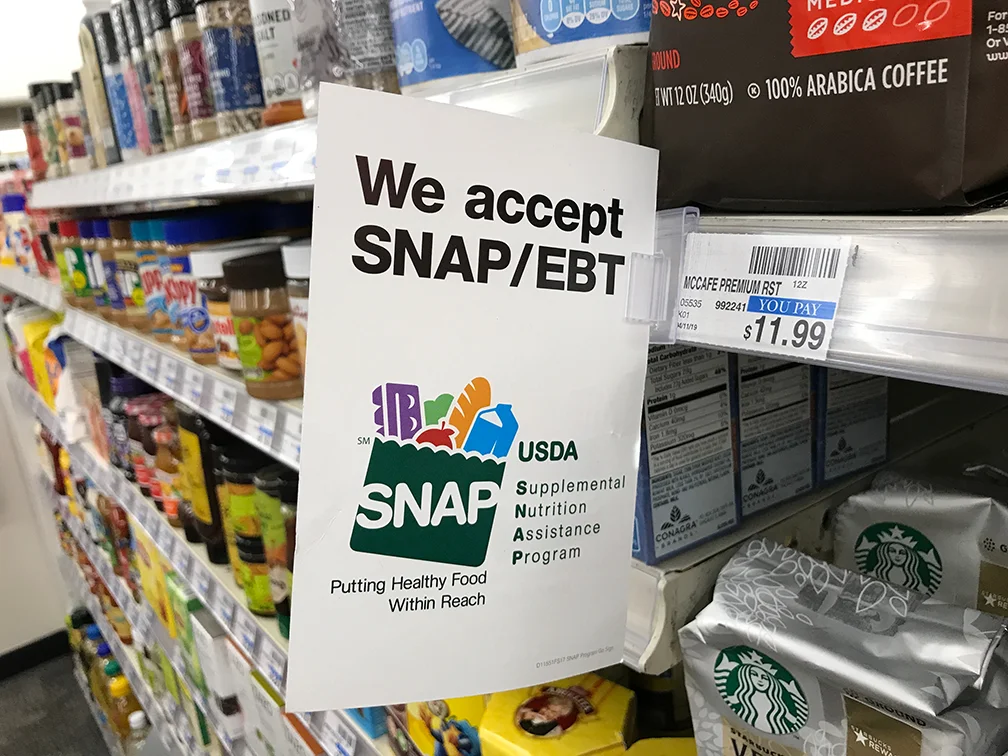Tag: hunger

The notion in policy circles that governments should provide in-kind benefits, rather than cash, is often framed as being impractical or even unfair. The proponents of cash payments argue that people should be able to choose how they spend their money. A new paper presents the opposite side: Sometimes people are better off with in-kind…

People with disabilities have high rates of food insecurity because they earn less or can’t work at all. Add to that their unusually large expenses for health care and assistive equipment like wheelchairs and special computers. But the roots of food insecurity run deeper than just the financial constraints. Even middle-income people with disabilities ar…



